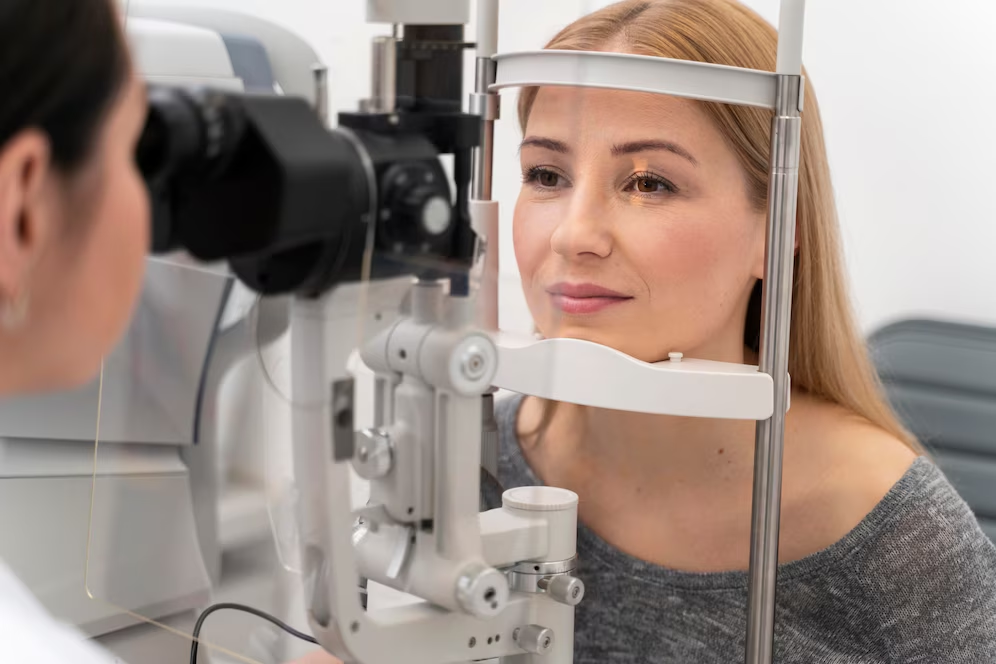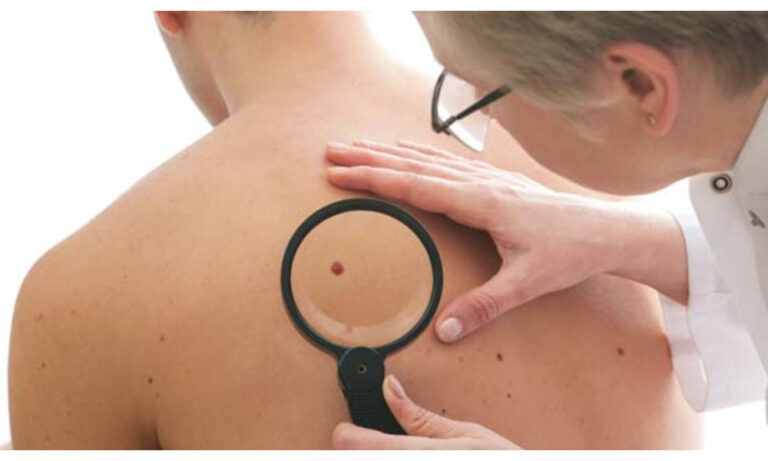

In the realm of healthcare, eye care services play a crucial role in maintaining and improving vision health. This article delves into the significance of eye care services, exploring various aspects from preventive measures to specialized treatments.
Understanding Eye Care Services
Eye care services encompass a wide range of preventive, diagnostic, and treatment options aimed at preserving and enhancing vision. These services are provided by trained professionals such as optometrists, ophthalmologists, and opticians, each specializing in different aspects of eye health.
Importance of Regular Eye Exams
Regular eye exams are fundamental in detecting early signs of vision problems and eye diseases. They include:
- Vision Testing: Assessing visual acuity and identifying refractive errors such as nearsightedness, farsightedness, and astigmatism.
- Eye Health Evaluation: Checking for eye diseases like glaucoma, cataracts, macular degeneration, and diabetic retinopathy.
- Prescription Updates: Adjusting corrective lenses or prescribing new glasses or contact lenses as needed.
Preventive Measures for Maintaining Eye Health
Preventive care plays a vital role in maintaining optimal eye health throughout life. Key preventive measures include:
- Regular Eye Exams: Recommended at least once every two years for adults with no known vision problems, and more frequently for those with risk factors or existing eye conditions.
- UV Protection: Wearing sunglasses that block UV rays to protect against cataracts and other eye conditions caused by sun exposure.
- Healthy Lifestyle Choices: Maintaining a balanced diet rich in vitamins and minerals, not smoking, and managing conditions like diabetes that can impact vision.
- Proper Eye Hygiene: Practicing good hygiene habits such as washing hands before touching the eyes or contact lenses to prevent infections.
Common Eye Conditions and Treatments
Various eye conditions can affect vision, requiring specialized treatments and management:
- Refractive Errors: Corrected with glasses, contact lenses, or refractive surgery like LASIK.
- Cataracts: Treated with surgery to replace the cloudy lens with an artificial one.
- Glaucoma: Managed through medications, laser therapy, or surgery to reduce intraocular pressure.
- Age-related Macular Degeneration (AMD): Treatment options depend on the type and stage of AMD and may include medications, laser therapy, or injections.
Specialized Eye Care Services
In addition to routine eye exams and treatment of common conditions, specialized eye care services cater to specific needs:
- Pediatric Eye Care: Assessing and managing vision problems in children, including amblyopia (lazy eye) and strabismus (crossed eyes).
- Low Vision Services: Providing aids and techniques to help individuals with significant vision loss maximize their remaining vision.
- Contact Lens Services: Fitting and prescribing contact lenses tailored to individual eye health and lifestyle needs.
- Surgical Services: Performing advanced procedures such as cataract surgery, corneal transplants, and refractive surgeries like LASIK and PRK.
Accessing Quality Eye Care
Access to quality eye care services is crucial for maintaining overall health and well-being. Factors influencing access include:
- Availability of Providers: The presence of optometrists, ophthalmologists, and other eye care professionals in the community.
- Affordability: Accessibility to eye care services through insurance coverage or affordability of out-of-pocket expenses.
- Education and Awareness: Promoting the importance of regular eye exams and early detection of eye conditions among the public.
- Technological Advancements: Advances in diagnostic tools and treatment options that improve accuracy and outcomes.
Conclusion
In conclusion, prioritizing eye care services is essential for preserving vision and overall health. Regular eye exams, preventive measures, and timely treatment of eye conditions contribute to maintaining optimal visual function and quality of life. Whether for routine check-ups or specialized treatments, seeking professional eye care ensures that individuals receive personalized attention and appropriate interventions to address their unique eye health needs. By understanding the importance of eye care services and taking proactive steps towards maintaining healthy vision, individuals can enjoy clearer sight and a better quality of life for years to come.




